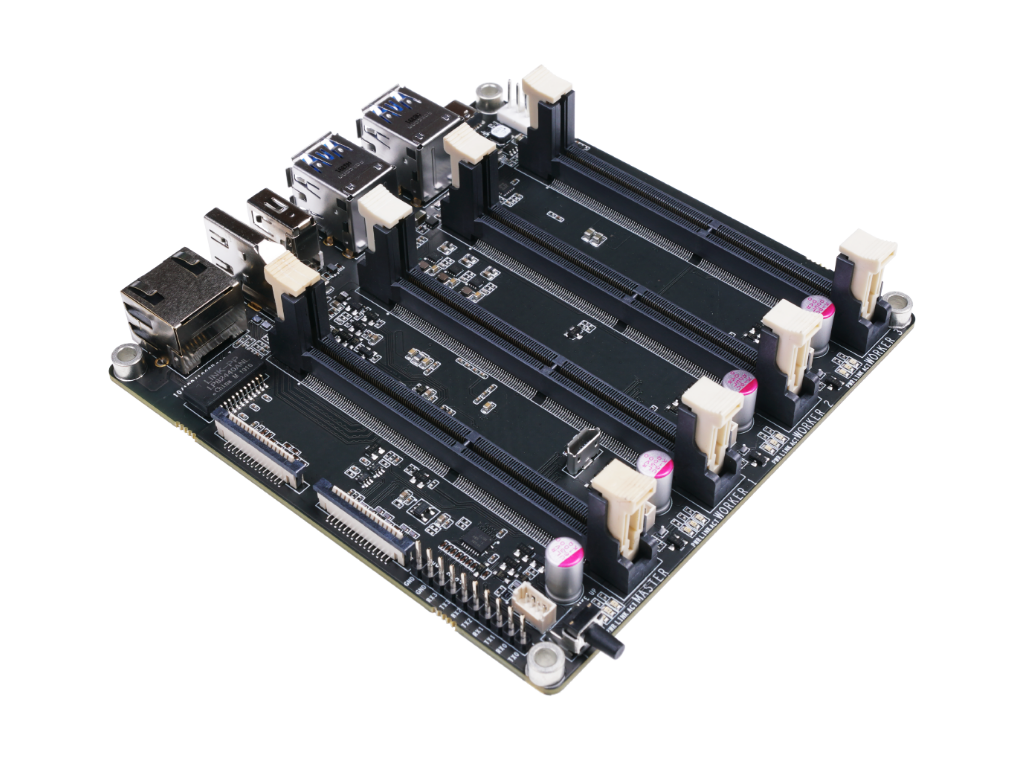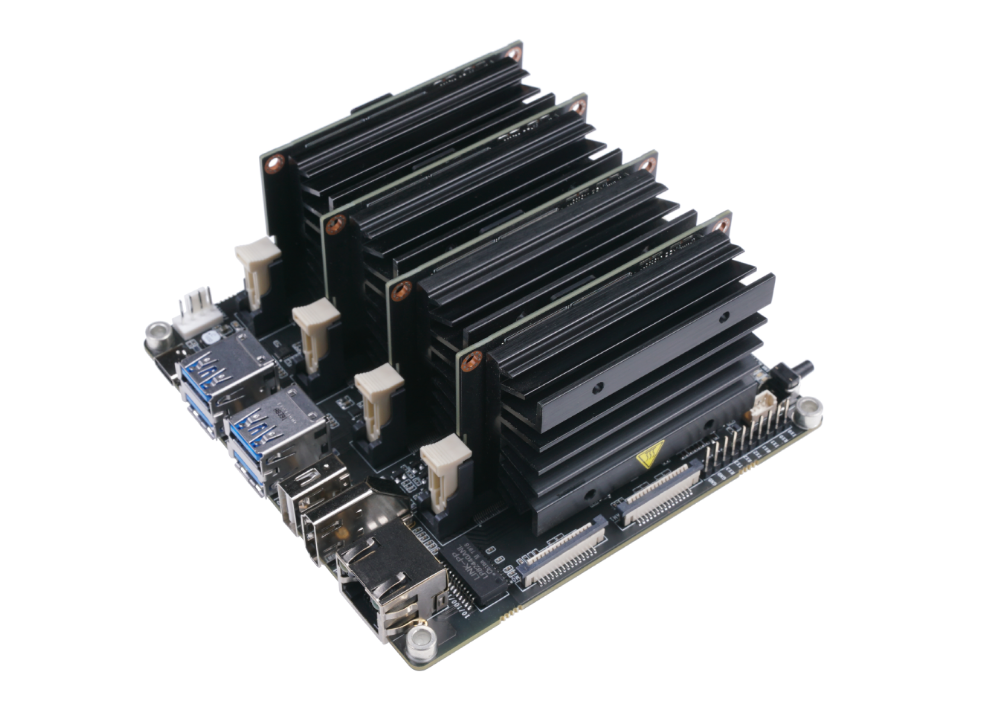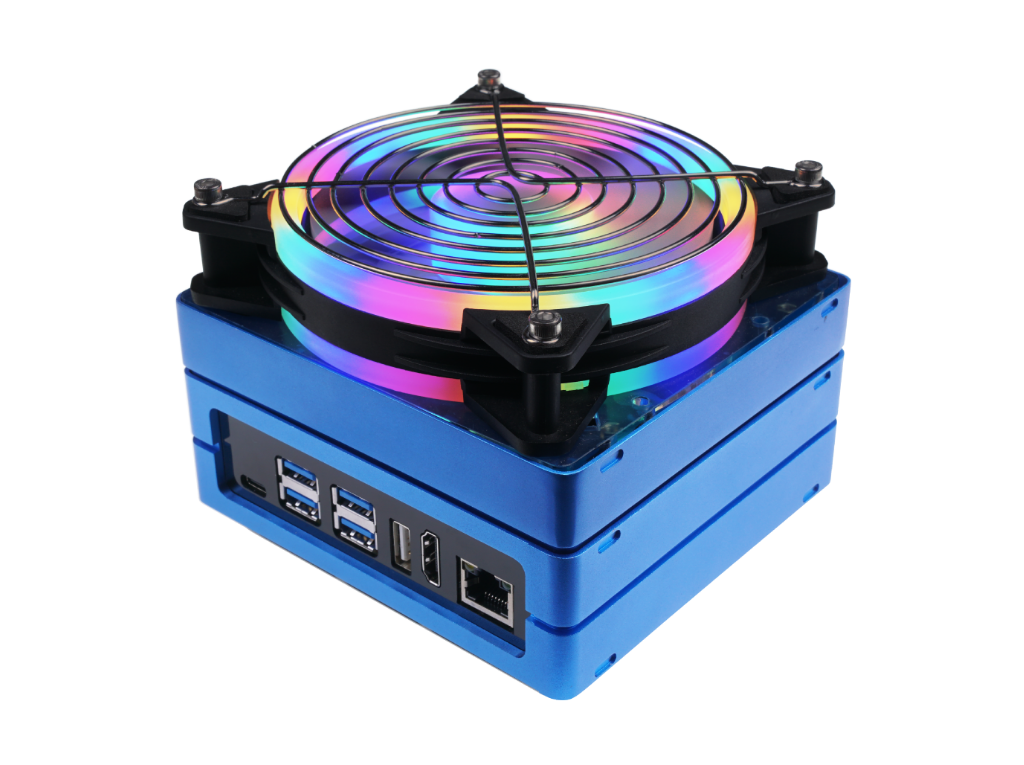Seeed Releases Nvidia Jetson Cluster Computing Kit
So much power in one small case
Get Tom's Hardware's best news and in-depth reviews, straight to your inbox.
You are now subscribed
Your newsletter sign-up was successful
Building cluster computers with single board computers are typically the domain of the Raspberry Pi, but with the release of Seeed's Jetson Mate, we see a cluster computer carrier board designed for use with Nvidia's Jetson range of boards.



The $199 kit consists of the Jetson Mate mainboard, designed for use with up to four Jetson modules, a fan, and the re_compuer case, which is the same case the company uses for its Seeed's Odyssey x86 computer.
The Jetson Mate mainboard has four SO-DIMM slots that accommodate up to four Jetson modules from the range. This includes the $149 Jetson Nano module, the $299 TX2 range, and the $499 Xavier NX. These modules are sold separately, and their power increases with the price.
The Jetson Mate mainboard features four USB 3 ports, one for each module, an additional USB 2.0 port is present for the "master node" used to control the worker nodes. Gigabit Ethernet, HDMI, and a USB C PD port for power complete the usual port selection. An onboard five port gigabit switch allows the four modules to communicate with one another. On the left side of the board, two CSI ports provide a means to connect cameras (like the official Raspberry Pi camera) to the mainboard for computer vision and machine learning projects.
The Nvidia Jetson boards are well known for their performance in machine learning and AI projects thanks to their immensely powerful GPU, which you can use to create projects. Creating a cluster computer that harnesses the power of four Jetson modules would be expensive but worthwhile for those eager to create Arm projects, or to create powerful AI/machine learning/computer vision projects like automotive and robotics.
The Jetson Mate kit retails for $199 and is currently available for pre-order via Seeed's website.
Get Tom's Hardware's best news and in-depth reviews, straight to your inbox.

Les Pounder is an associate editor at Tom's Hardware. He is a creative technologist and for seven years has created projects to educate and inspire minds both young and old. He has worked with the Raspberry Pi Foundation to write and deliver their teacher training program "Picademy".